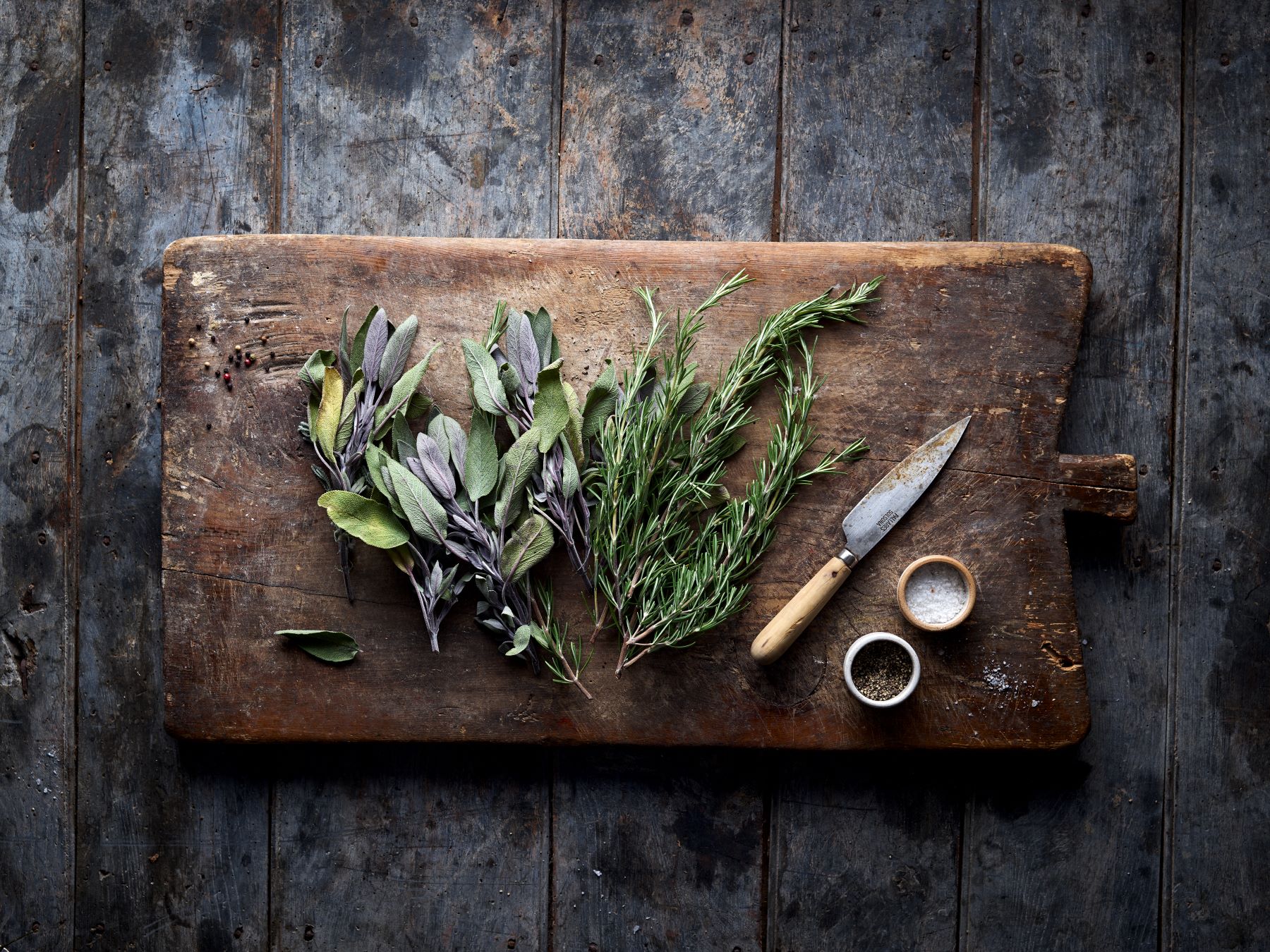Do you ever get a strange gut feeling and wonder what’s going on? You may be surprised to learn that it’s your “second brain” or “gut brain” keeping you in check. The gut brain’s main job is in controlling digestion – though it’s suggested it may also influence mood and emotion – by releasing enzymes to transform food into manageable nutrients. Because your main brain has a lot of other things to be taking care of, it delegates the constant, everyday work of breaking down and absorbing food, then disposing of the leftover waste. Digestion is a 24/7 activity and it’s your gut brain that’s in charge.
As there are both good and bad bacteria battling it out in your digestive system, it’s important to give the good guys all the help you can. Here at The Organic Butchery, we’ve got a particular interest in gut health. We like to work in a way that’s as natural as possible, from making sure our livestock is drug-free to avoiding the use of pesticides on our land. That means the meat we produce is clean and untainted. We believe that thinking about where the food we eat comes from (and what food it, in turn, has eaten) is important if we want to our guts to be happy and healthy.
A simple way to help boost the activity of your good gut bacteria is to eat fermented foods like yoghurt, miso, kefir or kimchi. There’s a lot of complicated science behind what these foods do for you, but simply put, their beneficial probiotics and antioxidants are thought to help the good bacteria reduce the number of harmful bacteria.
Some fermented foods can be a bit, well, challenging to fit into your usual diet. But if you’d like to increase your probiotic intake, a good place to start is with a drink of kombucha. It’s a fizzy, slightly sour drink that makes a great alternative to carbonated or fruit juices and can be easily introduced to your everyday routine. Kombucha is made from green or black tea, filtered water, sugar and what’s known as a ‘scoby’ – that’s a ‘symbiotic culture of bacteria and yeasts’ to the uninitiated. Cooled tea is mixed with the scoby and left for a week to ferment, during which time a mushroom-like film that’s an actual living colony of bacteria and yeast forms on the top. Once fermented, the kombucha is decanted into an airtight container for a few days, becoming fizzier and fizzier as it rests. Fruity or spicy flavours can be added at this stage, too. Leaving kombucha unpasteurized prevents the gut-friendly bacteria from being destroyed.
You can easily make kombucha at home with a scoby (available online), sugar or honey, tea bags and water. Or buy one of the many ready made varieties. Either way, your second brain will thank you for it.
Celebrating Sensational Seasonal Veg
Come the beginning of May we can all let out a whoop of joy and say good riddance to the hungry gap. This is the spell – running from January to April – when fresh, homegrown produce is at its lowest ebb. It was traditionally a tough time for farmers and smallholders as supplies and preserves started to run low and the soil showed little promise of offering up fresh harvests. But as May rolls in, so do some of the very best (and most welcome) new crops of the year. Some, like asparagus, have short seasons in the UK, so snatch them up while you can and give them a starring role in delicious springtime dishes.
Read More



